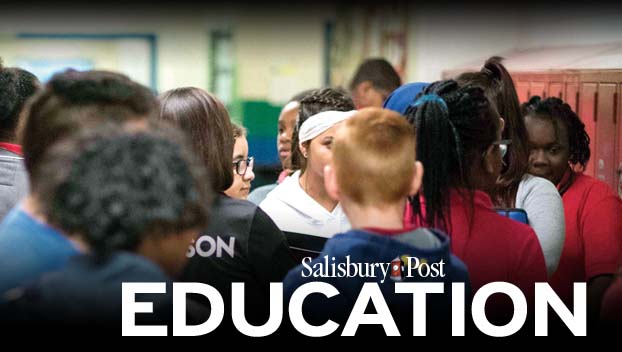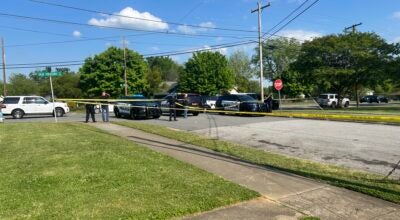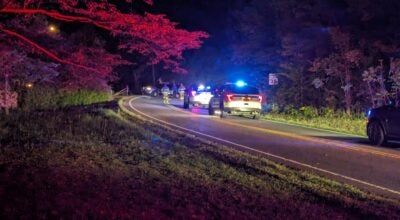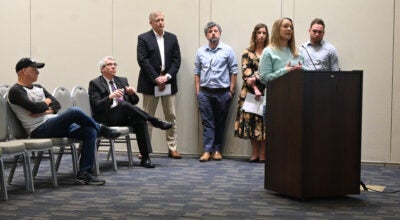RSS talks first steps for new federal relief totaling $66 million
Published 12:10 am Tuesday, May 11, 2021
SALISBURY — Federal relief totaling about half of Rowan-Salisbury Schools’ operations budget is up for grabs to address the COVID-19 pandemic’s impact on students.
Director of Federal Programs Jerri Hunt walked the Rowan-Salisbury Schools Board of Education through the $66 million for which the district is eligible. The funding will come from $167 billion in federal relief split between two packages passed by congress in December and March.
RSS already received a $26.3 million federal grant last year as well as $4.7 million in federal relief from the CARES Act — a portion of which had to be paid to other local schools. The latest rounds of funding have a non-public schools component built in, meaning that RSS will be able to hold on to all it receives. The district created a budget to submit to the state for its distribution from the funds, but Superintendent Tony Watlington said this was an initial application RSS can change later as it figures out how to best use the funds.
There are stipulations attached to the money limiting its use to offsetting the impact of the pandemic — with special attention to addressing student learning loss — and upgrading air quality systems.
When the district receives the funds, it is required to create a webpage with a plan and gather public comments for 30 days.
Hunt said the district has submitted its application for the funds and will make amendments as it needs through the summer.
About $20.4 million of the money — from the December bill — will expire on Sept. 30, 2023. The $45.6 million from the March bill will expire on the same date in 2024.
Watlington said Associate Superintendent of Resources Carol Herndon and Hunt have been working day and night to get the application ready in a short turnaround time. He said some districts in the state are not sure if they want to pursue the funding because there is a lot of work with a short turnaround.
“This is a lot of money depending on how you look at it,” Watlington said, adding he thinks it is important to remember the funds are to address student learning loss and air quality.
If the district spends this money on evidence-based learning practices, he said, RSS should be able to show how the district is better off because of it. He said the district wants the 15 state-identified low-performing schools to improve by the time the money is gone, and the number of schools meeting or exceeding academic growth going up.
Assistant Superintendent of Curriculum and Instruction Jason Gardner said the district is planning a six-week summer school, including three-week math and English opportunities for students. There will be credit recovery options for high school students.
Gardner said the district is also working with a virtual English tutoring program for kids who did not qualify for summer school to help mitigate learning loss for more students.
“We don’t intend to take these monies to create big bureaucracy, big government or anything like that, although there may be a position or two or three that makes sense that we may bring to the board at a later date,” Watlington said.
Watlington said the district is planning to propose working with local colleges to employ and train paid student tutors to get “all hands on deck” to make up the lost.
“This is just a one-time point in history where if money makes a difference, and I believe it does if we use it according to the research, we can really make a dent,” Watlington said.







